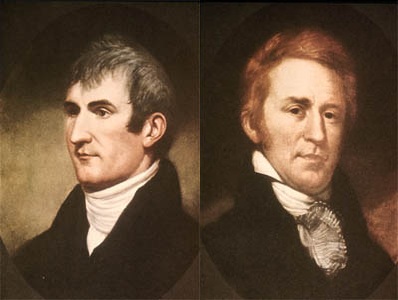 The scene must be painfully familiar to all of us and hopefully not from our own relationships, but if so, know it can be helped. The scene is this: a row arises from the tiniest of triggers. A simple tone of voice, one look in the eyes, one touchy subject and the couple is swept into the maelstrom of irritation, confusing emotions, incriminations and the such. Dr. Tatkin offers an unexpected explanation for the phenomenon and takes this into applied couples therapy - and claims it works.
The scene must be painfully familiar to all of us and hopefully not from our own relationships, but if so, know it can be helped. The scene is this: a row arises from the tiniest of triggers. A simple tone of voice, one look in the eyes, one touchy subject and the couple is swept into the maelstrom of irritation, confusing emotions, incriminations and the such. Dr. Tatkin offers an unexpected explanation for the phenomenon and takes this into applied couples therapy - and claims it works.His view is that the way our brain works is the trigger. He claims our brains are first and foremost shaped for survival and hunting. This involves the kind of, non-verbal, immediate triggers into agitated states. What we are much less adapted to, is the proximity of another, of another brain and interpret that as a safe situation. Too easy, within that proximity the hunter, hunted state is triggered.
It is as usual a very interesting podcast. And as usual this is not only thanks to the excellent guest but also to the wonderful interviewer David van Nuys. There is only one thought that came up with me and seemed not to be addressed by Tatkin, nor asked by Dr. Dave, but seems extremely relevant. Is Tatkin's portrayal of the way our brain works and reacts applicable to men and women to the same extent? I was under the impression the female brain works quite differently and doesn't have the strong separation of right and left hemisphere Tatkin describes. That would show to make women much more stable or at least acting differently in relations. Well, listen to the show and see for yourself.
More Shrink Rap Radio:
Psychologist writer,
Dana Houck, Prison Psychologist,
The humane working place,
Nirvana and the Brain,
Psychoanalysis - Shrink Rap radio review.






.jpg)















